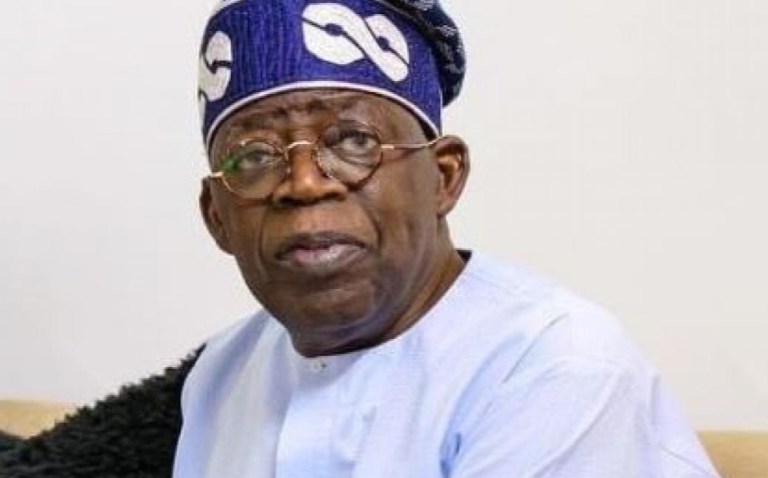Six states, Adamawa, Akwa-Ibom, Bayelsa, Delta, Edo, and Sokoto, have taken the federal government to the Supreme Court over the conduct, collation, and announcement of the February 25, 2023, presidential and National Assembly elections in what appears to be a replay of an ongoing lawsuit over the move by the Central Bank of Nigeria (CBN) to ban the use of some denominations of old currencies.

The All Progressives Congress candidate, Bola Ahmed Tinubu, was declared the victor of the presidential election held on February 25 and the president-elect based on that election.
The states, however, implored the Supreme Court to revoke that declaration. The plaintiffs filed the lawsuit against INEC’s declaration of Tinubu in an originating summons marked: SC/CV/354/2023.
It was filed by the Attorney Generals of Adamawa, Bayelsa, Delta, Edo, Sokoto, with Attorney General Of Federation as sole respondent
According to the suit filed on February 28, by their lawyer, Prof Mike Ozekhome, a Senior Advocate of Nigeria (SAN), the agents and officials of the federal government and INEC, failed to transmit the collated result as prescribed by the provisions of the Electoral Act, 2022; the INEC Regulations and Guidelines for the Conduct of Elections 2022; and the INEC Manual for Election Officials requiring transmission of the results by the use of Bimodal Voter Accreditation System (BVAS) in flagrant breach of the relevant provisions of the Electoral Act, 2022; the INEC Regulations and Guidelines for the Conduct of Elections, 2022; and the INEC Manual for Election Officials, 2023.
They are seeking “A declaration that the entire results of the Presidential Election conducted on the 25th of February, 2023 announced by the Chairman of INEC at the National Collation Centre, Abuja, in flagrant violation of the provisions of Sections 25; 47(2); 60 (1), (2), (4) & (5); 62; 64(4)(a) & (b); 70; and 148 of the Electoral Act, 2022, governing the 2023 nationwide general elections, particularly paragraphs 38 of the INEC Regulations and Guidelines for the Conduct of Elections, 2022; and paragraphs 2.8.4; 2.9.0; and 2.9.1 of the INEC Manual for Election Officials, 2023, for the conduct of the Presidential Election, were invalid, null and void, and of no effect whatsoever.
“A declaration that the fundamentally flawed electoral process through the non-uploading of the results of each of the 176,974 Polling Units nationwide, in respect of the presidential election and National Assembly Elections held on Saturday, 25th February 2023 were not in accordance with the provisions of Sections 25; 47(2); 60 (1), (2), (4) & (5); 62; 64(4)(a) & (b); 70; and 148 of the Electoral Act, 2022, governing the 2023 nationwide general elections, particularly paragraphs 38 of the INEC Regulations and Guidelines for the Conduct of Elections, 2022; and paragraphs 2.8.4; 2.9.0; and 2.9.1 of the INEC Manual for Election Officials, 2023, for the conduct of the presidential election.
Besides, plaintiffs also filed another application seeking for an order for abridging time for parties to file and serve responses for and against the suit.
No date has been fixed for the hearing





